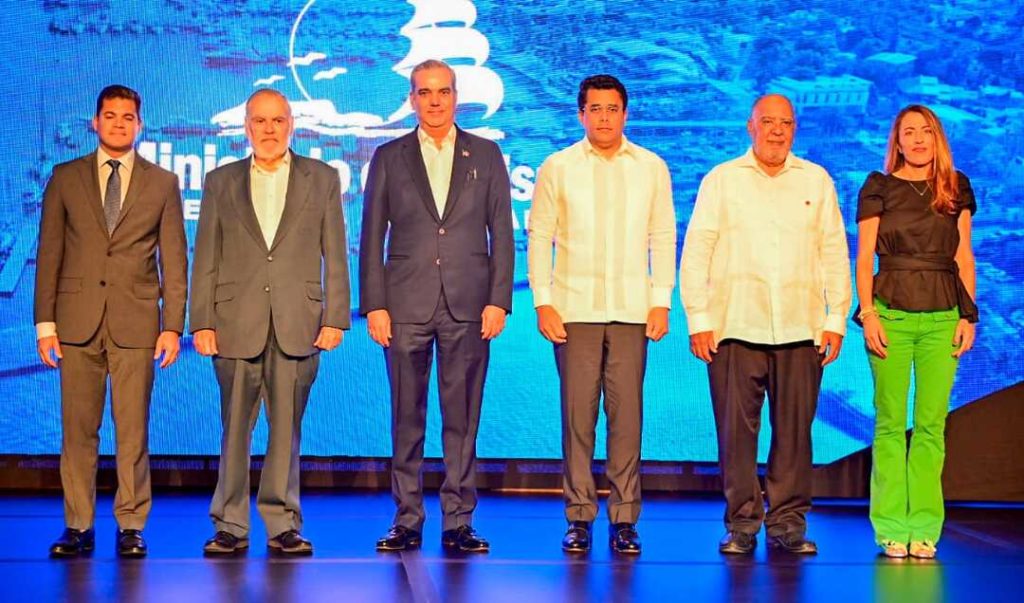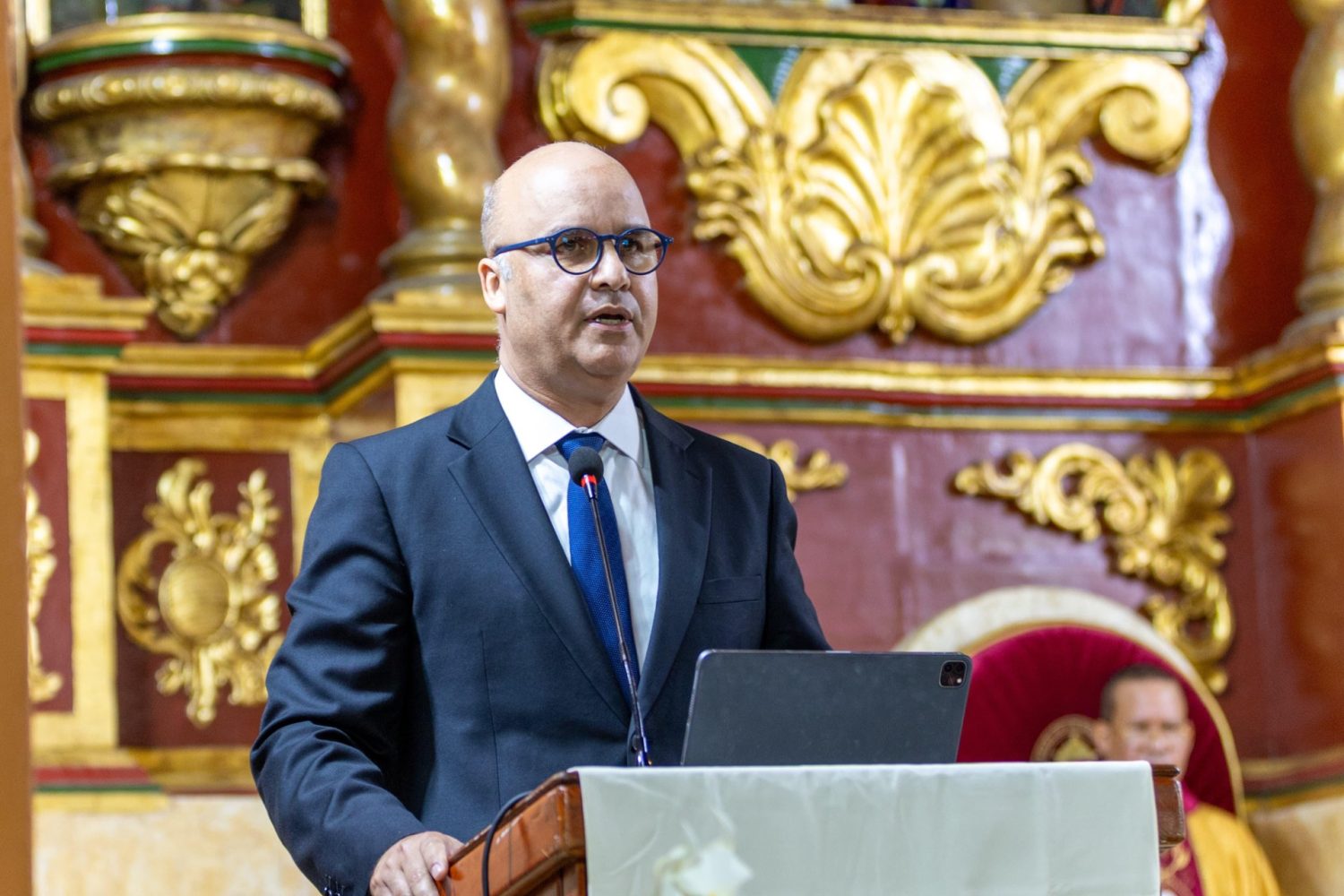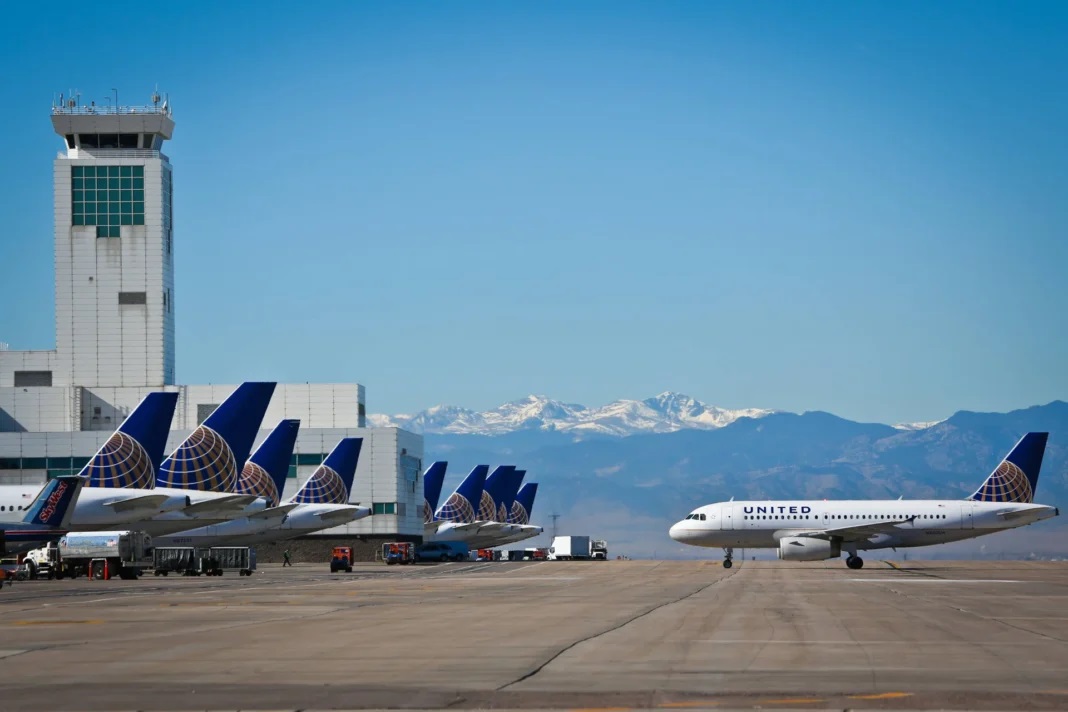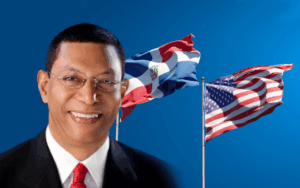President Abinader and Minister of Tourism head international seminar on sargasso

Santo Domingo – President Luis Abinader and the Minister of Tourism, David Collado, today headed the international seminar on the challenges and opportunities of sargassum management for tourism in the Dominican Republic, which is being held at the El Embajador Hotel in the capital.
Also participating in this first international seminar on sargassum in the country were the Minister of the Environment, Miguel Ceara Hatton, and recognized national and international experts and academics.
The general objective of the seminar is to learn about the challenges posed by the arrival of sargassum in the Dominican Republic, as well as to identify and evaluate the opportunities that sargassum offers to implement best practices and public policies in sustainable coastal management.
President Luis Abinader said that for more than a year he has been working with the Ministry of Tourism to find a solution to the sargasso problem affecting the Greater Caribbean coastal area.
He called on the countries of the Greater Caribbean to work together to find a joint solution to the sargasso crisis.
President Abinader also announced that he will provide one million dollars to the universities to finance the necessary research to find a solution to the sargasso problem in the Dominican marine area.
The Minister of Tourism, David Collado, highlighted the importance of this seminar to make the best decision on a reality that affected a large part of the region.
“It is yet another challenge ahead of us to learn about and promote best practices for the integral management of sargassum,” said Minister Collado at the opening of the day-long seminar.
He reported that the seminar also seeks to establish coordination and collaboration between the public-private-academic sector at the national and regional level to promote maximum impact of synergies in view of the massive arrival of sargassum.
He expressed that with this seminar a concrete step is taken to identify opportunities regarding the detection, prediction, retention, collection and use of sargassum to support the formulation of public policies to mitigate the negative effects of sargassum.
The seminar was attended by university rectors, sargassum experts, tourism entrepreneurs, as well as official authorities.





